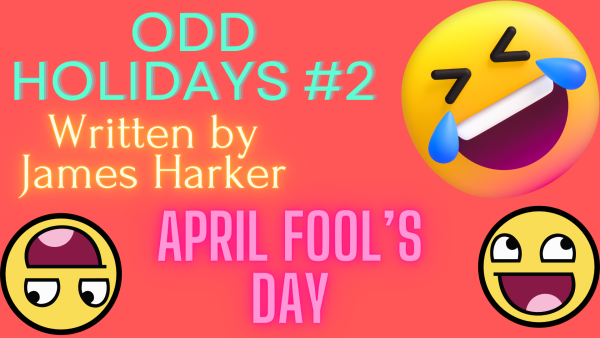Stephen King Overview: The Shining & The Dead Zone (SPOILERS)
Entertainment writer Oliver Barnfield has taken on the mammoth task of reading as many Stephen King books as possible. Today he looks at 2 of his “classic” novels.
I first got into Stephen King whenever I received two books of his for Christmas, The Shining & ‘Salem’s Lot. I read Salem’s Lot first and finished it in three days while in Dallas. This turned out to be a good idea. If I had read The Shining first, I might not be as interested in King’s work as I am today. Because The Shining isn’t that great. It’s OK.
For the purpose of this review, I did not watch the movie. I didn’t want the film to cloud my opinion of the novel. Because when you think of The Shining, you’re thinking of the movie. Just admit it. Here’s Johnny? Not in the book. The come play with us twins? Not in the book. The movie completely overshadows the novel in every way. The other book I read by King was The Dead Zone, a somewhat minor book in King’s catalog, but a great one nonetheless. Today I’ll be talking about both. (I will not be talking about ‘Salem’s Lot, because I don’t have much to say about it other than it’s really great.)
THE SHINING

The word that comes up when thinking of The Shining is slow. It moves at a very deliberate pace, taking its time in establishing the eventual fall into the insanity that Jack Torrance experiences. But this is both a fault and a strength of the book. The slow pace can feel sluggish, and the sometimes the cliche scares bring it down. Ironically, Jack Torrance is the least interesting character in the book. Instead, the little boy, Danny, is the most interesting character. His nightmarish visions are well written and definitely the creepiest part of the book. His conversations with Tony, the imaginary friend, definitely sent a chill up my spine. But the scares here tend to be reused a lot. It’s the same cycle of words being repeated, spooky hedge animals, and some creepy voices heard in the night. Jack’s memories and tics feel very cheesy and unneeded. Like, what was up with that reoccurring vision of him running over a bike with his drunk best friend? Sure it was an interesting, but it never had any pay-off in the end. And his weird habit of wiping his mouth was really distracting and felt like filler. But these parts were allegedly based on Stephen King’s life at the time, so that might partially explain why these parts are like that.
Thankfully, the book picks up in its third act, adding in much-needed suspense and ramping up the creepy factor that was occasionally peeking out in the early part of the book. The climax is where this book really shines.
Literally.
THE DEAD ZONE

Now, here’s a really good Stephen King book that doesn’t get enough credit, the polar opposite of The Shining. This novel has everything, from an episodic plot to an excellent hook. The story concerns Johnny Smith, a schoolteacher who, after suffering a coma, now has the power to see into the future. He uses these powers to solve a crime, before setting his eyes on a dangerous political candidate and attempts to assassinate him. It’s not the most coherent or linear plot-line, but the splitting of the book into parts certainly helps.
The really great stuff in the book comes from the scenes in which Johnny uses his powers to solve crimes and eventually, assassinate Greg Stillson. Johnny turns into almost a different person when his powers take hold. He grows cold, distant, and dangerous, and when it comes the time to kill Stillson, Smith becomes an insane killing machine. The level of description and detail that goes into showing Johnny’s mental slip is astounding, and it expertly shows his damaged mental psyche. The climax, in which Johnny goes to kill him, gives off an air of isolation, and the flashes to the people that saw him walking to the courthouse do an excellent job of foreshadowing the ending. My one gripe is that the actual ending (not the climax) is disappointing. It’s kind of confusing, and we never get a satisfying conclusion to Johnny’s story. In fact, this is a HUGE problem with King’s books. They have great rising action… and that then they just peter out.
The book, as I said above, is structured like an almost episodic TV series, with characters moving in and out of the story, and the plot drifting around to several different stories. But this makes the story more interesting to read, and you never truly get bored of the story-line. I’d say that The Dead Zone is my favorite Stephen King book I’ve read so far.
And that’s it! I will make another installment to this series soon, where I might cover The Long Walk or Nightmares and Dreamscapes.

Oliver is a Canyon Echoes veteran who currently works as Entertainment Editor, and he also directs and stars in The Opinionist, Canyon Echoes 1st video...

























